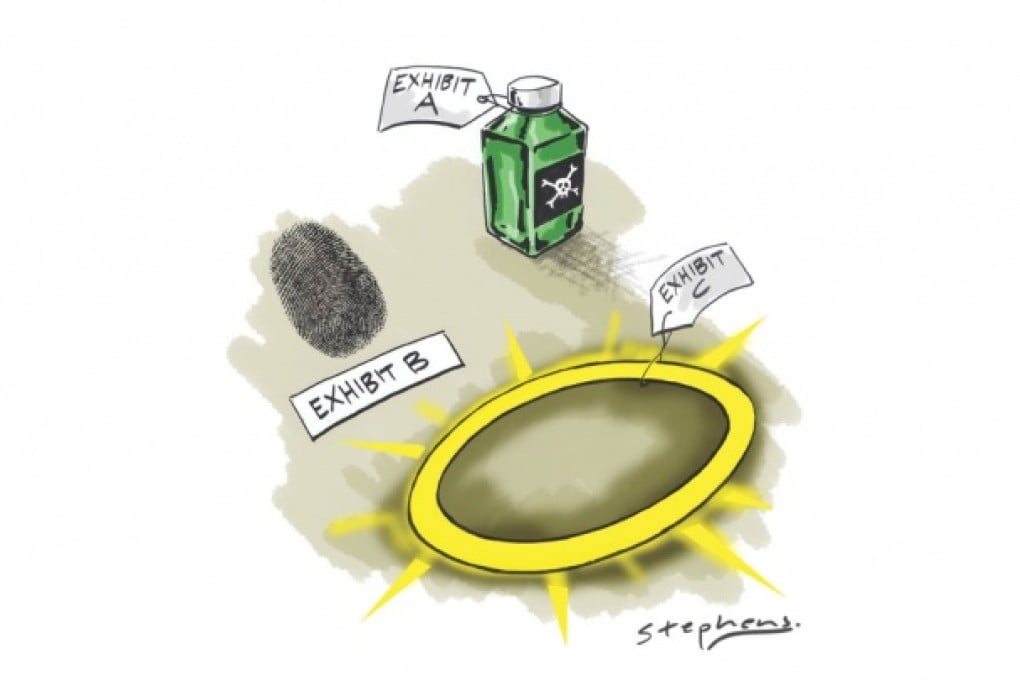Presumed guilty in China
Zhou Zunyou says the renewed interest in seeking justice for an unsolved poisoning case 18 years ago highlights that, even with changes to China's criminal laws, an accused is still too often presumed to be guilty

The case of Zhu Ling has hit the headlines again recently. Zhu was a promising chemistry student at Beijing's prestigious Tsinghua University before she was left paralysed after being poisoned with thallium, a toxic chemical, nearly two decades ago. The renewed interest in her tragic case was ignited by a similar poisoning case in April that led to the death of a Fudan University student.
In Zhu's case, initial suspicion fell on one of her roommates, Sun Wei. In 1995, police in Beijing detained Sun as a suspect and subsequently cleared her, citing a lack of evidence. Ever since, there has been speculation that she wasn't charged with a crime because of political intervention by her well-connected family.
Under intense public pressure, the Beijing police authorities finally responded to public concerns with a written statement on May 8 this year. Justifying the failure of the investigation due to the paucity of evidence, they rejected accusations of any outside intervention and called on the public to treat the case in a rational and objective manner.
Just two days prior to the police statement, Shen Deyong, vice-president of the Supreme People's Court, published an article in the to address the unprecedented challenges caused by recently uncovered wrongful convictions. Ascribing the high number of such convictions to the deeply rooted presumption of guilt in the Chinese criminal justice system, he called for a change in the legal practice and highlighted the concept that "a wrongful release is more desirable than a wrongful conviction".
It is unclear whether Shen's article was timed to coincide with the police statement. The article is not likely to represent the judge's personal ideas, but, rather, to send an official, positive message regarding a key principle of criminal procedure: the presumption of innocence.
According to this principle, everyone charged with a crime has the right to be presumed innocent until proven guilty according to the law. In other words, an accused can only be declared guilty in a criminal trial if he or she has been equipped with all the guarantees necessary for his or her defence. The principle is anchored in numerous international human rights instruments and recognised by most modern countries as an important principle of criminal procedure.
Once considered a concept of the bourgeoisie, the presumption of innocence was not accepted by the People's Republic for almost 50 years. However, in 1996, the Criminal Procedure Law was revised to incorporate an important new provision, stating that nobody shall be declared guilty without being judged as such by a court according to the law.
